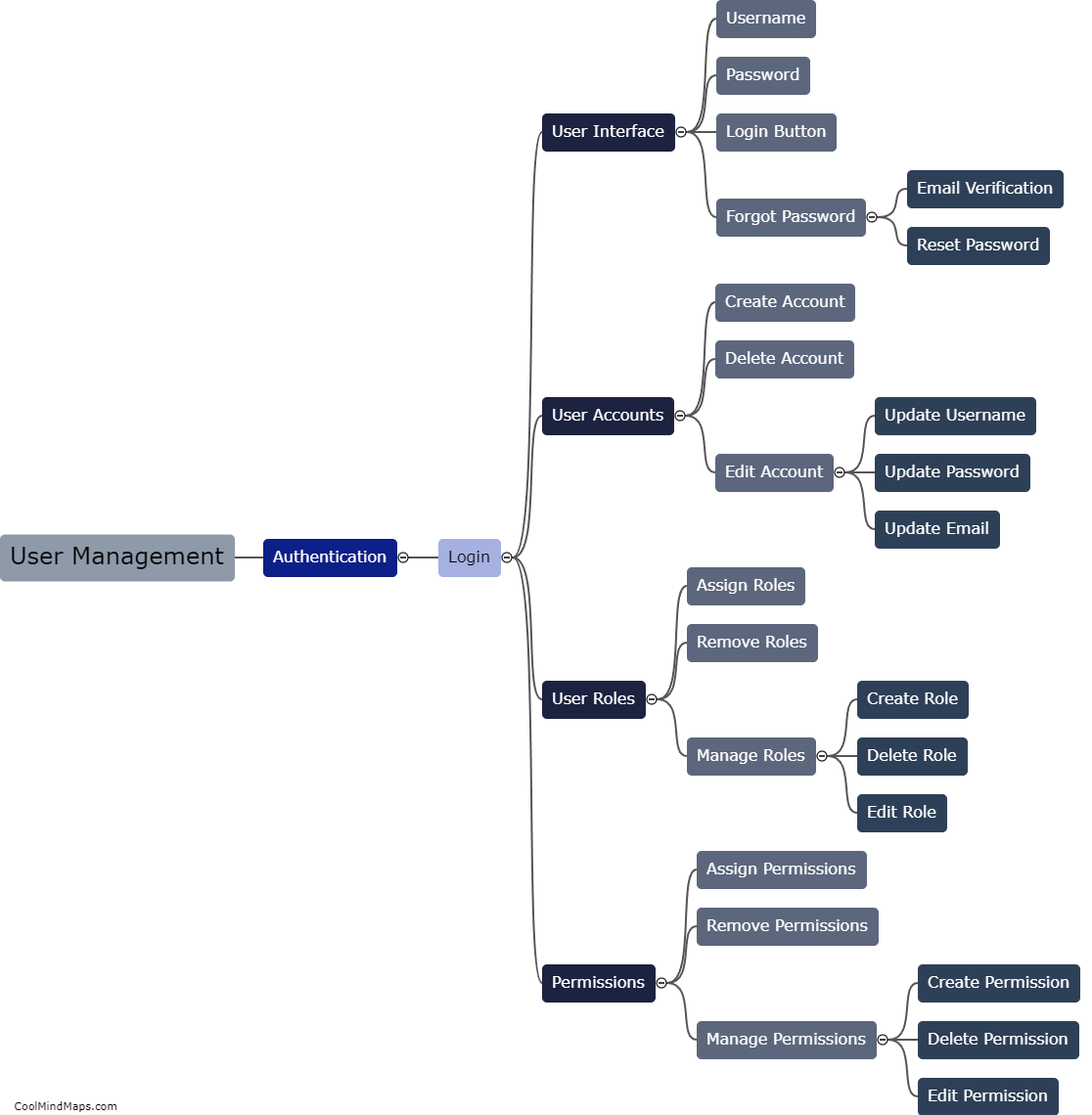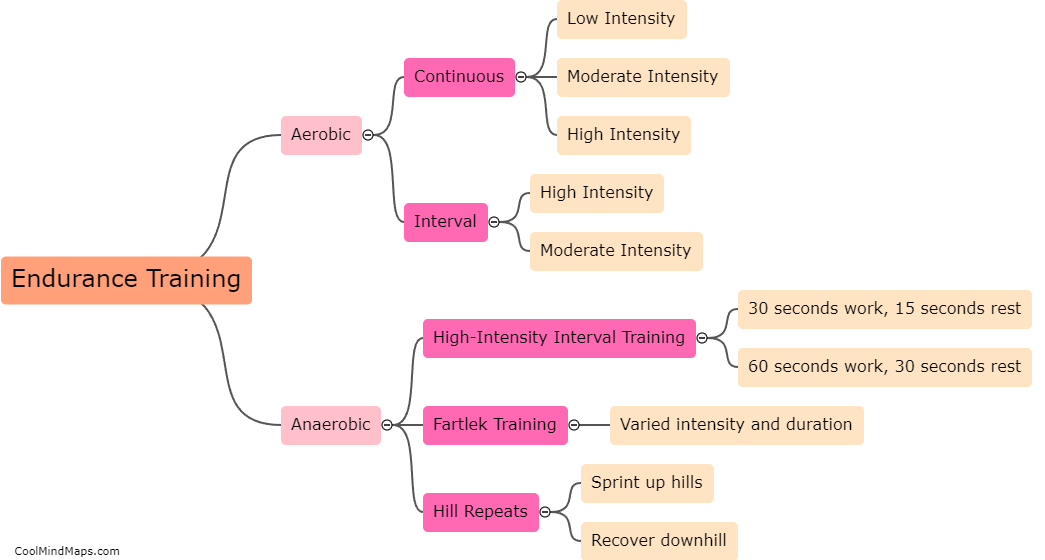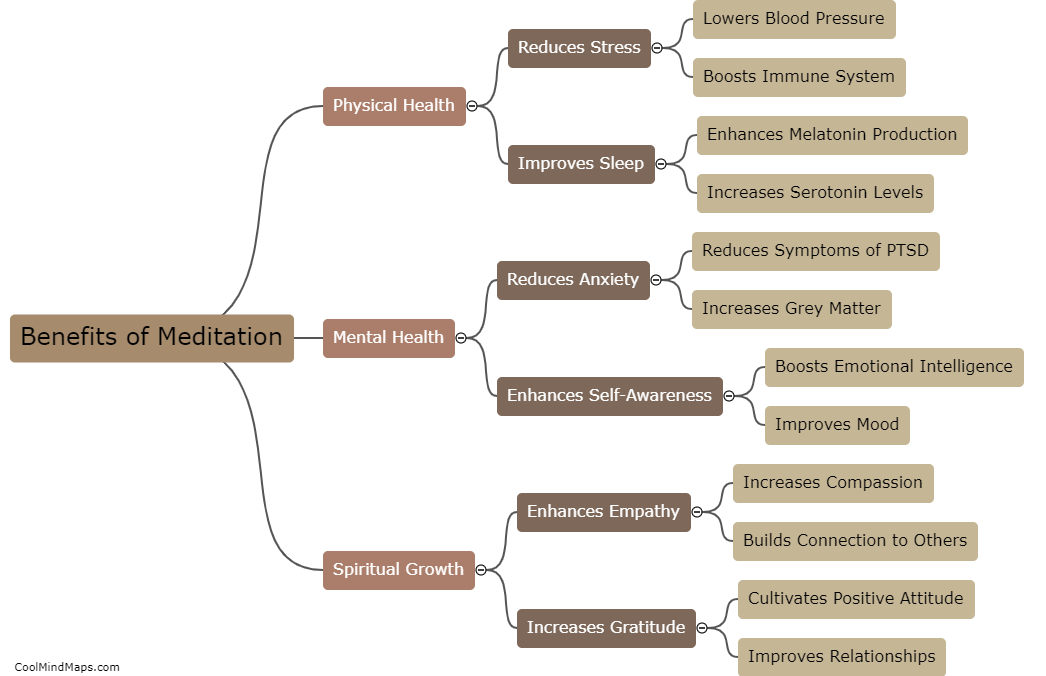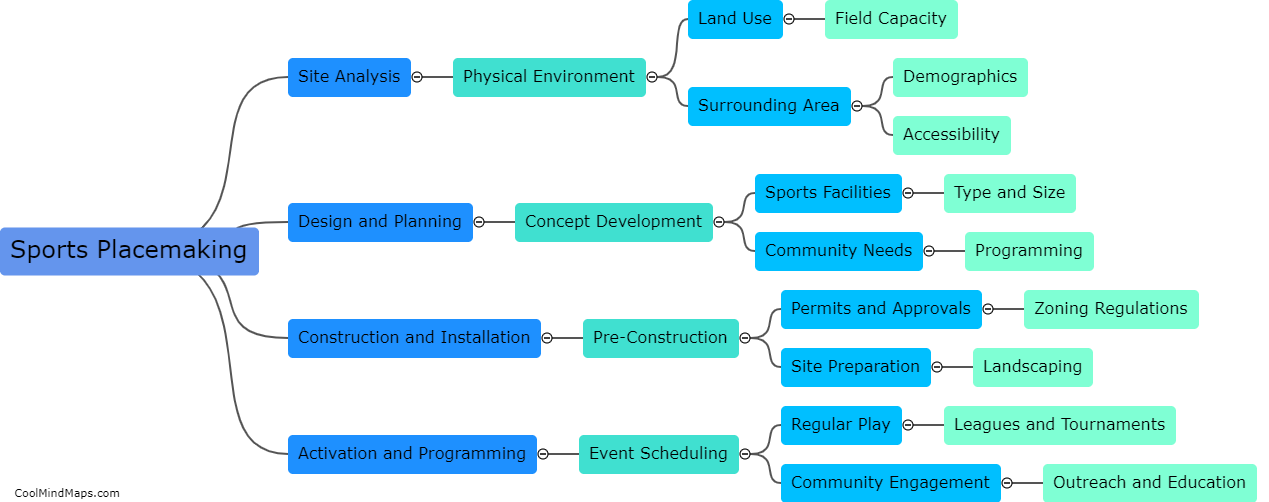What is phenomenological reduction?
Phenomenological reduction, also known as epoché, is a method used in phenomenology to bracket or suspend one’s preconceptions or assumptions about a given phenomenon in order to study it as it appears in its own right. It involves setting aside our biases, prejudices, and preconceptions about a particular object or experience to recognize its essence or Husserlian phenomenological significance. By doing so, the researcher can fully explore the structure of a phenomena without being influenced by external factors like stereotypes, societal norms, and personal beliefs. In essence, the phenomenological reduction helps to reveal the nature of a phenomenon as it is experienced by the individual without any external influences.

This mind map was published on 18 May 2023 and has been viewed 102 times.











